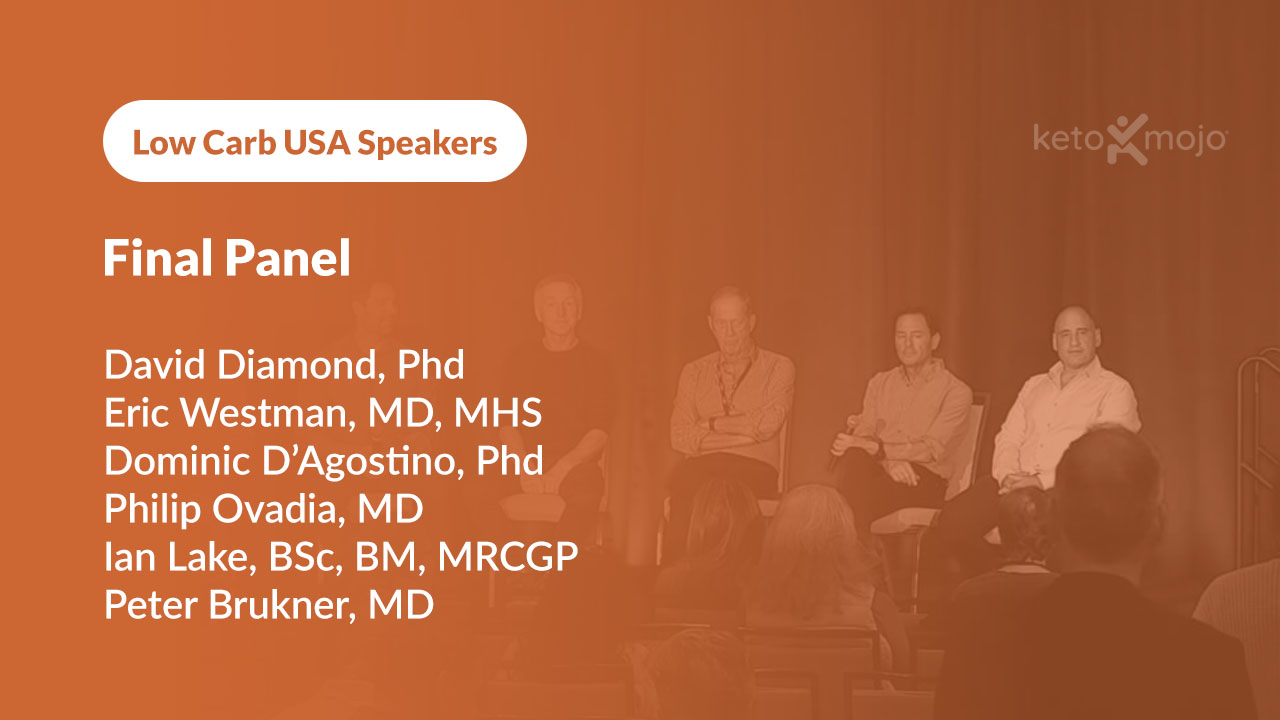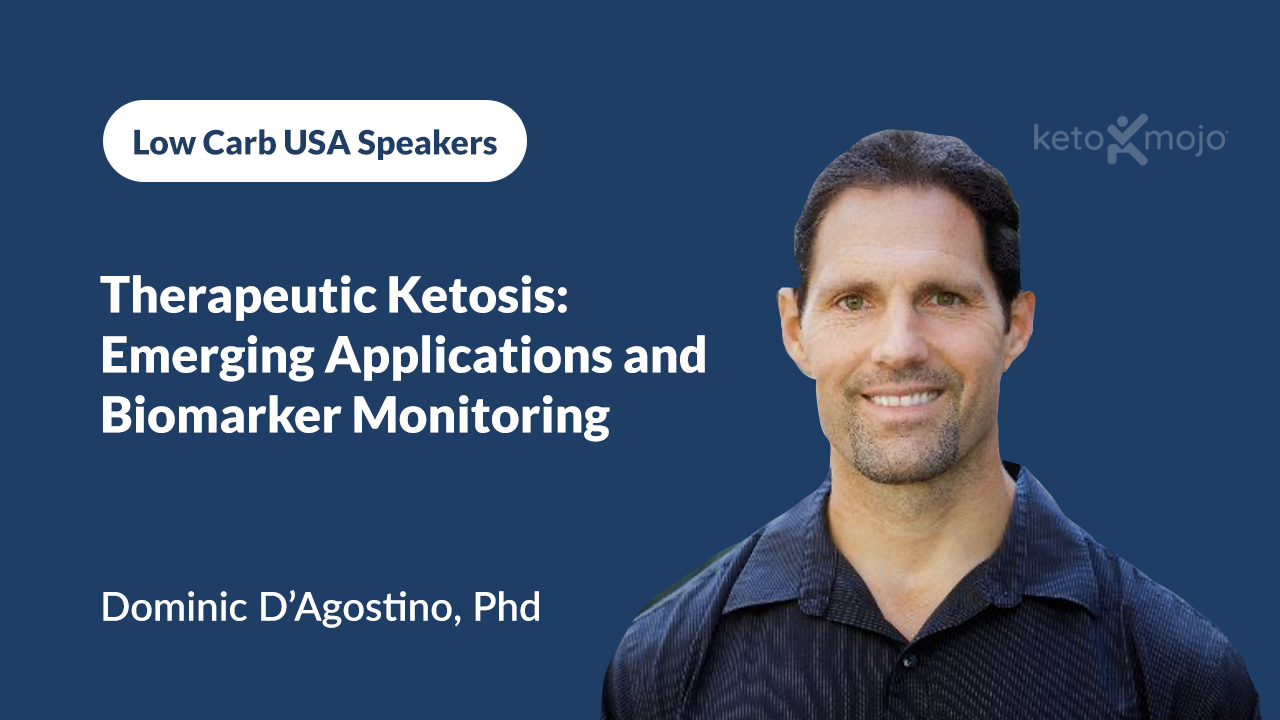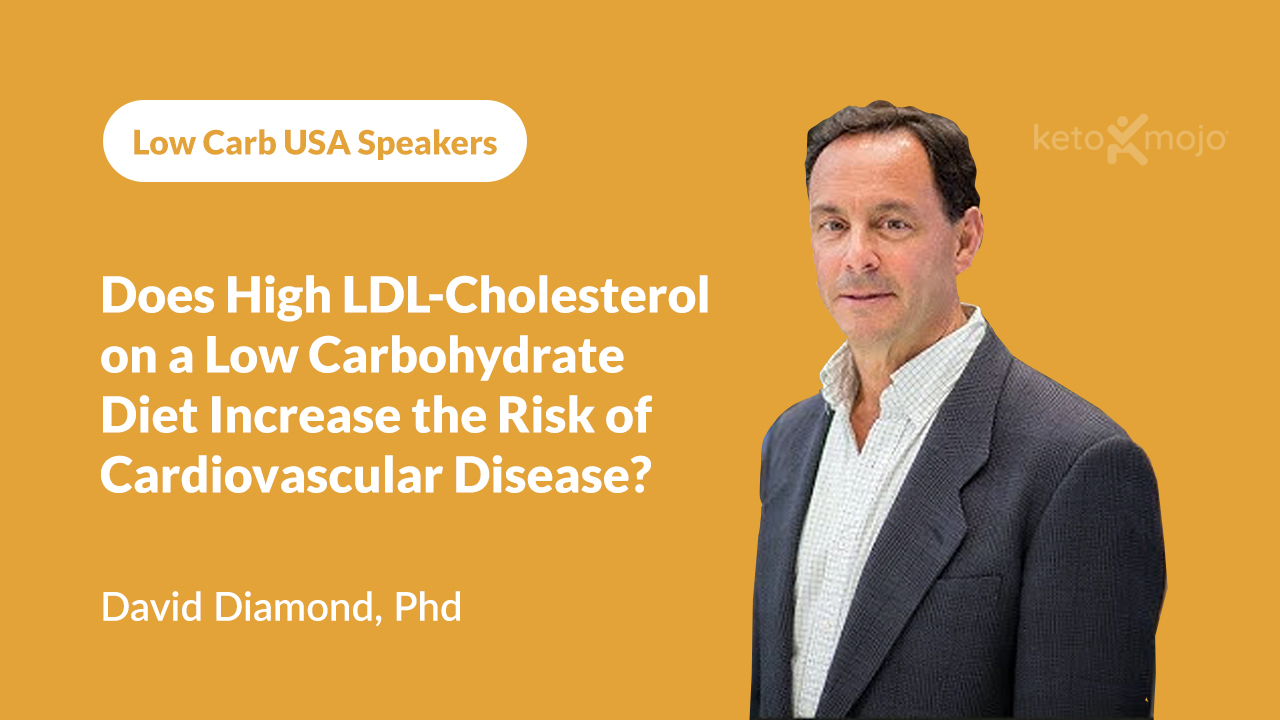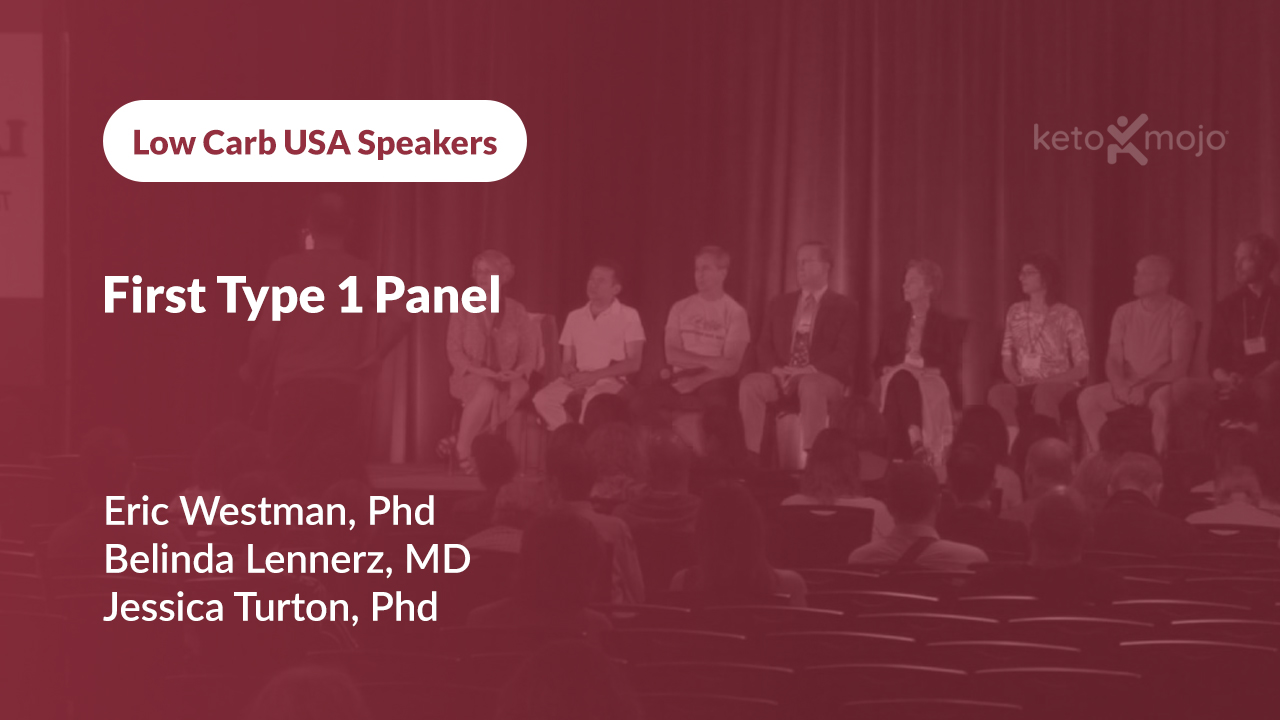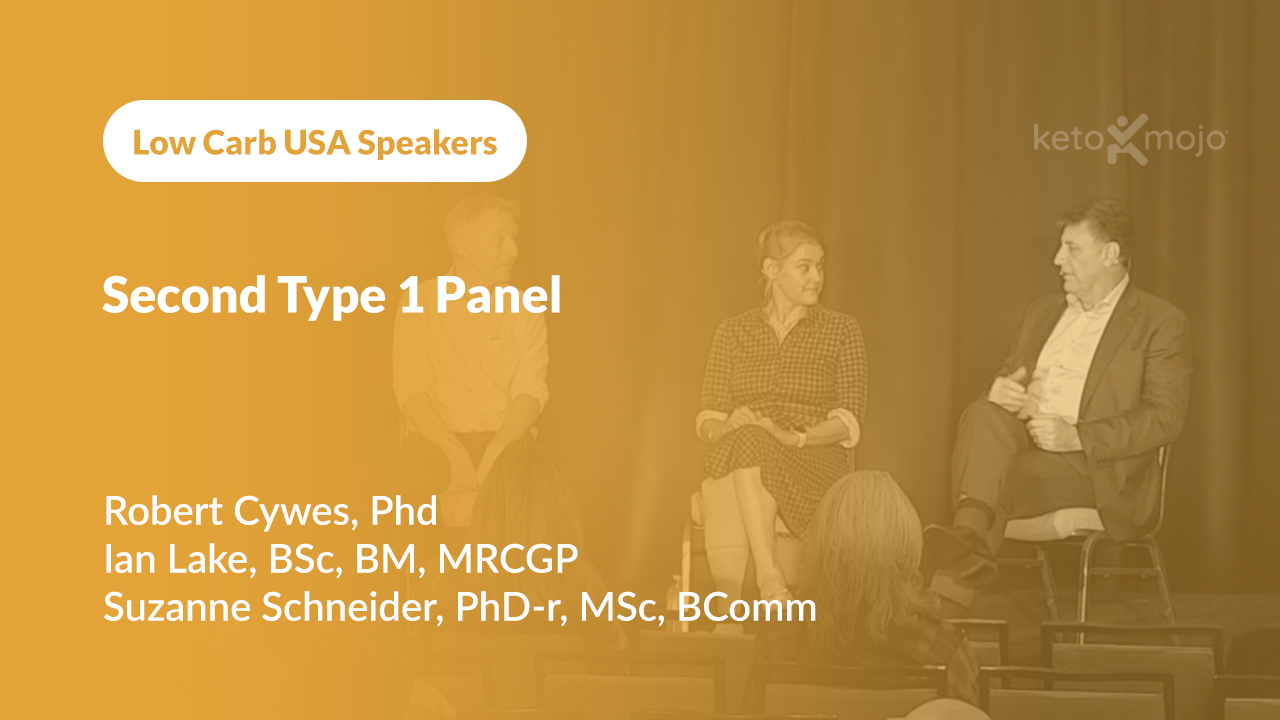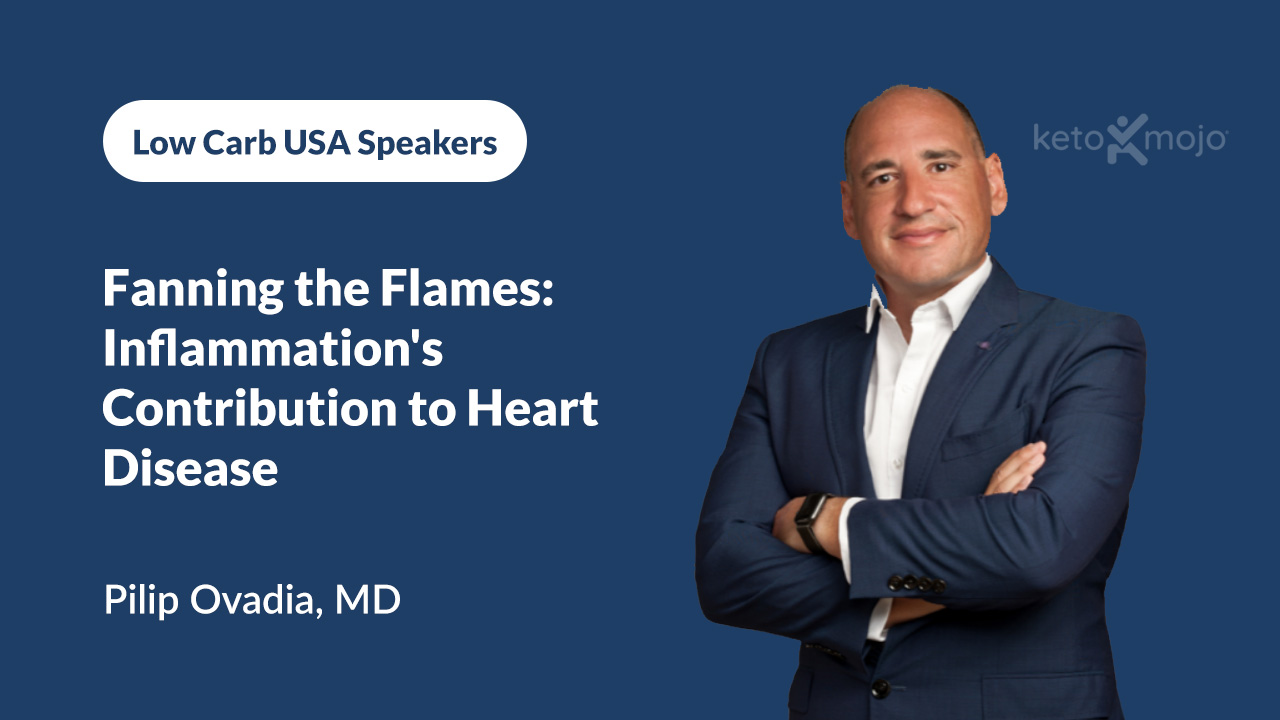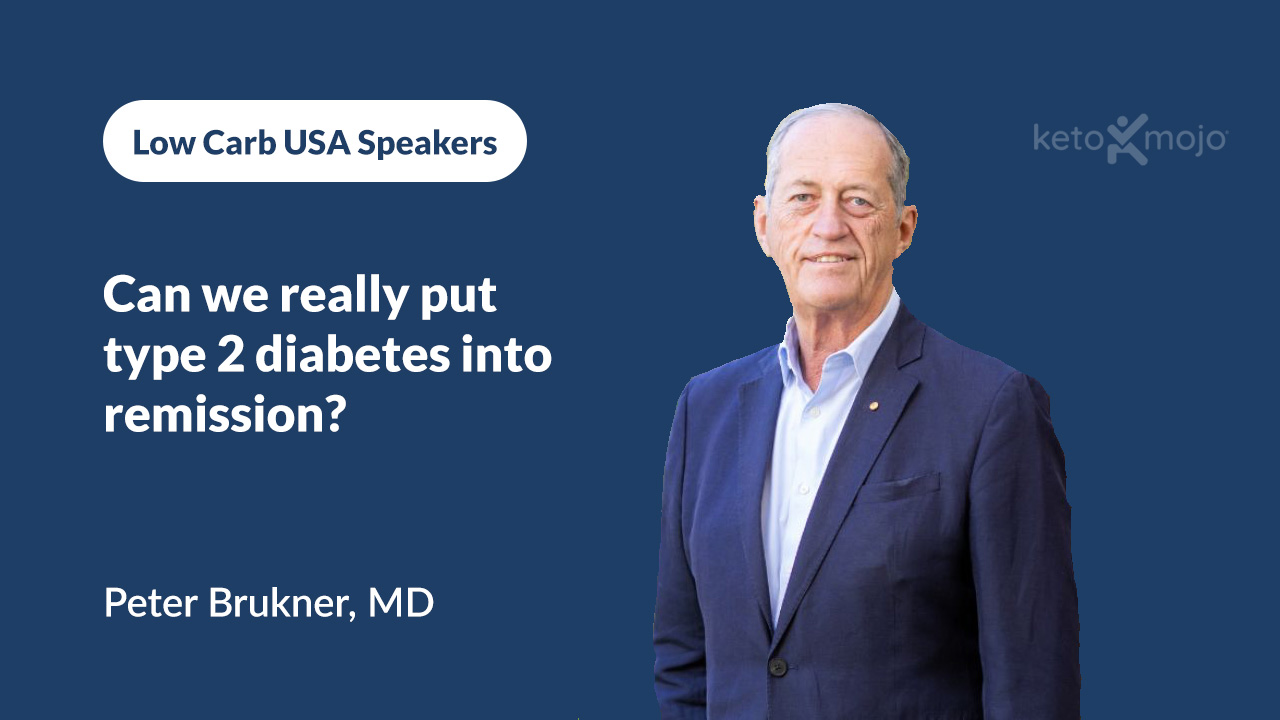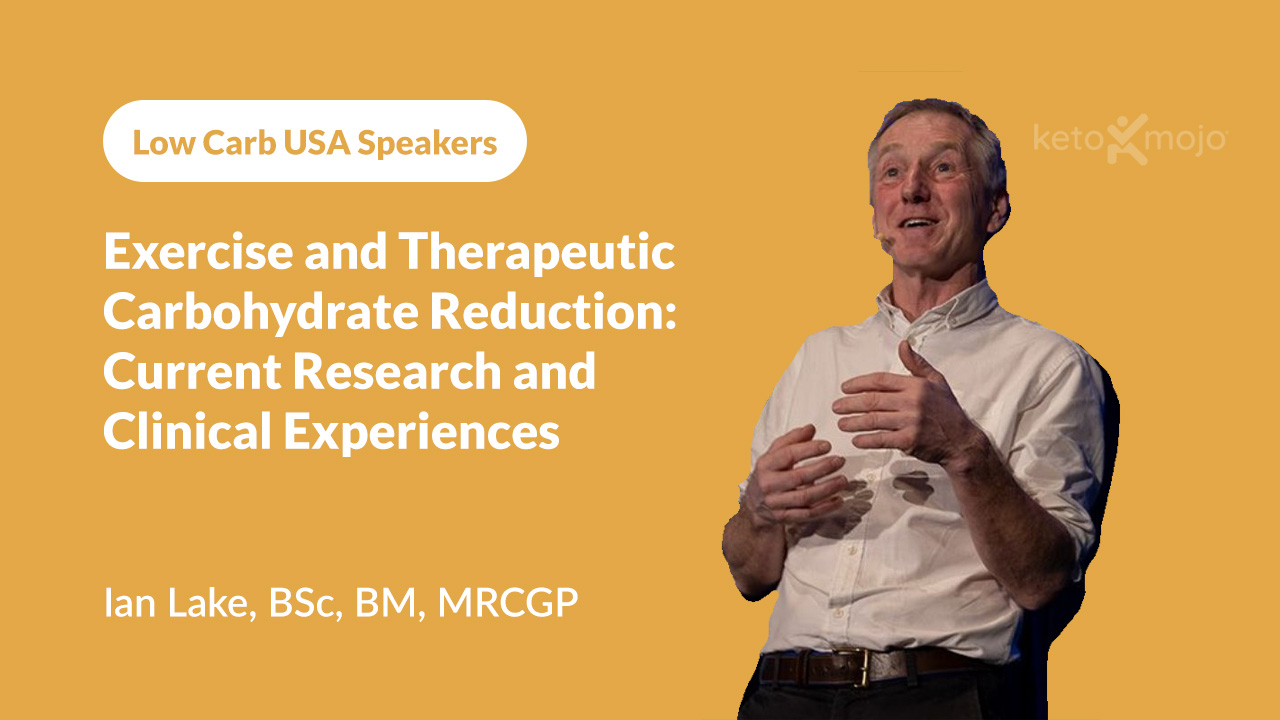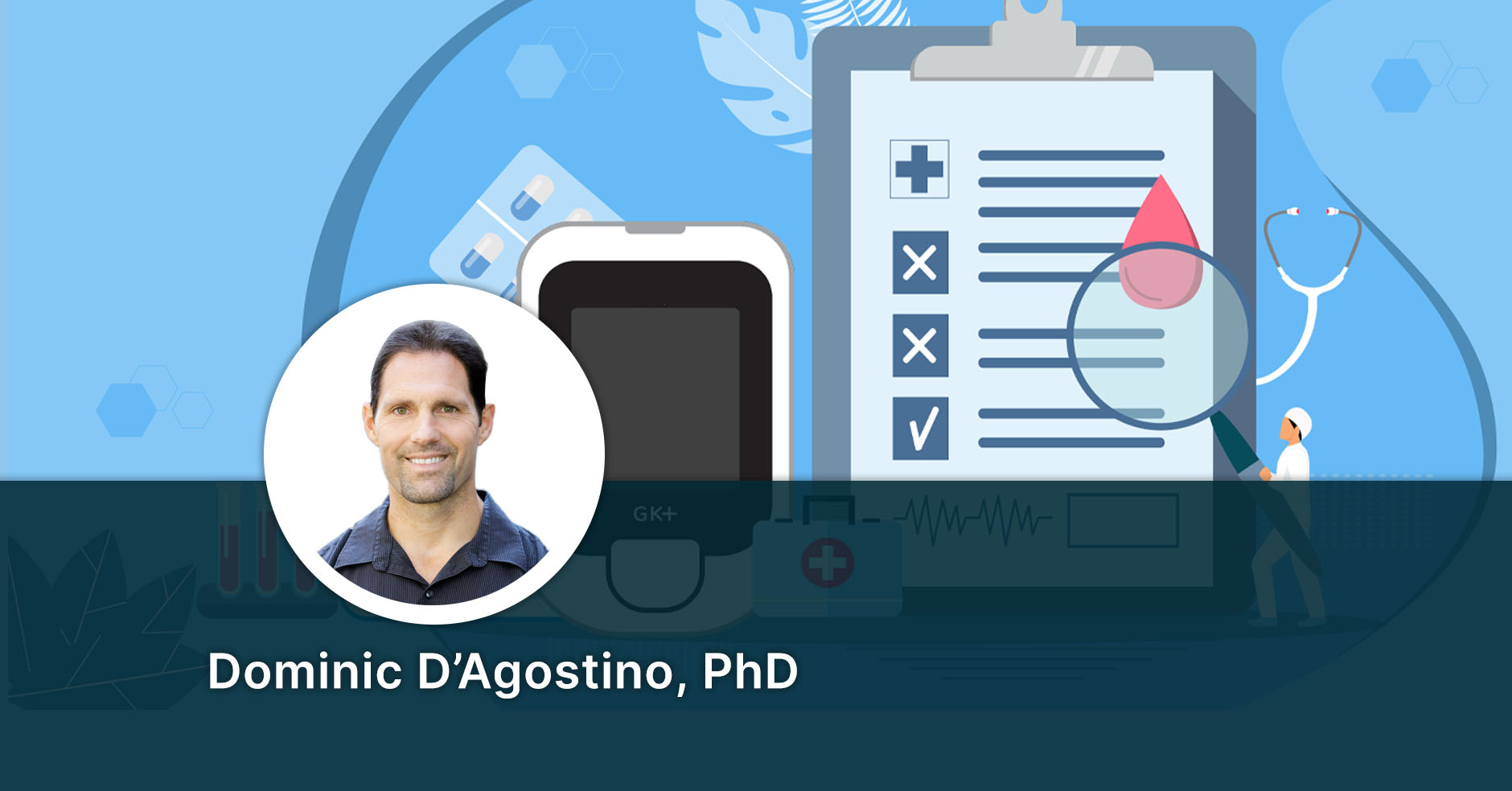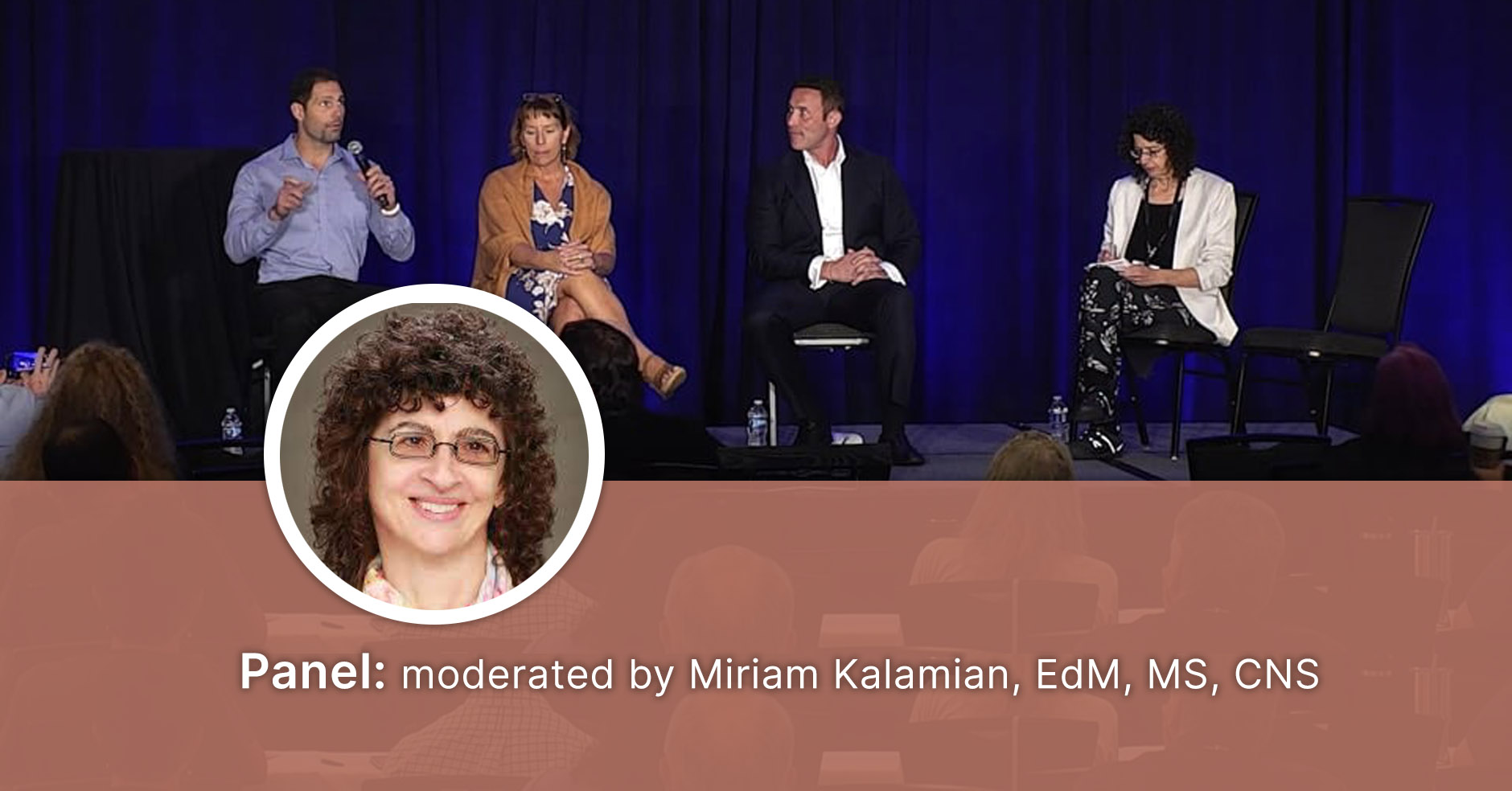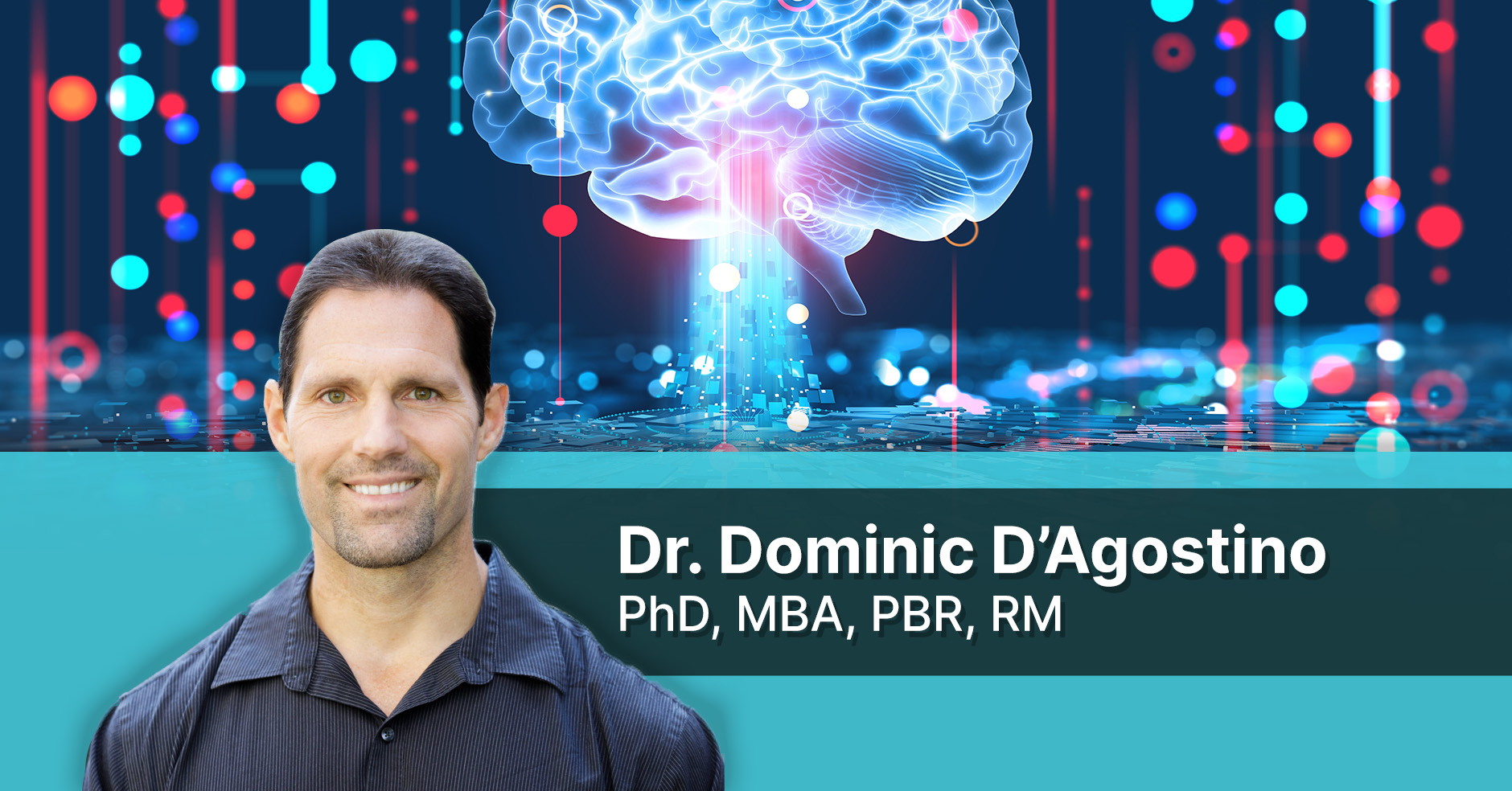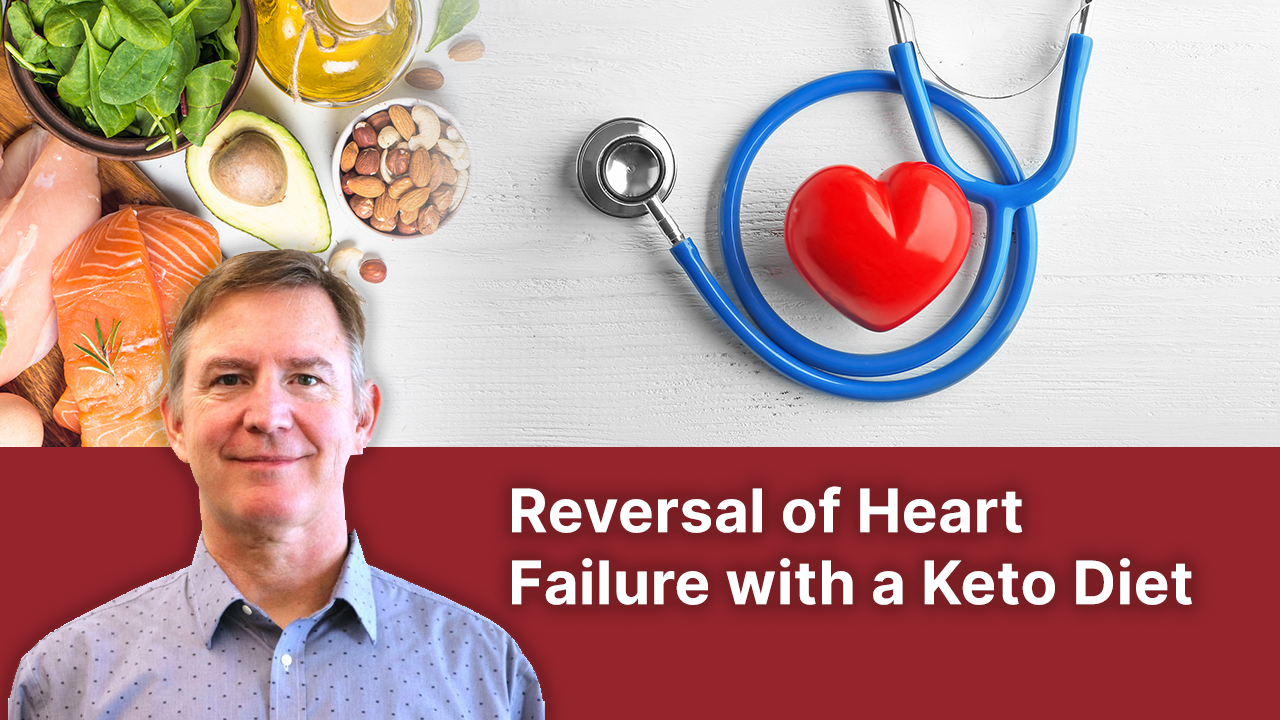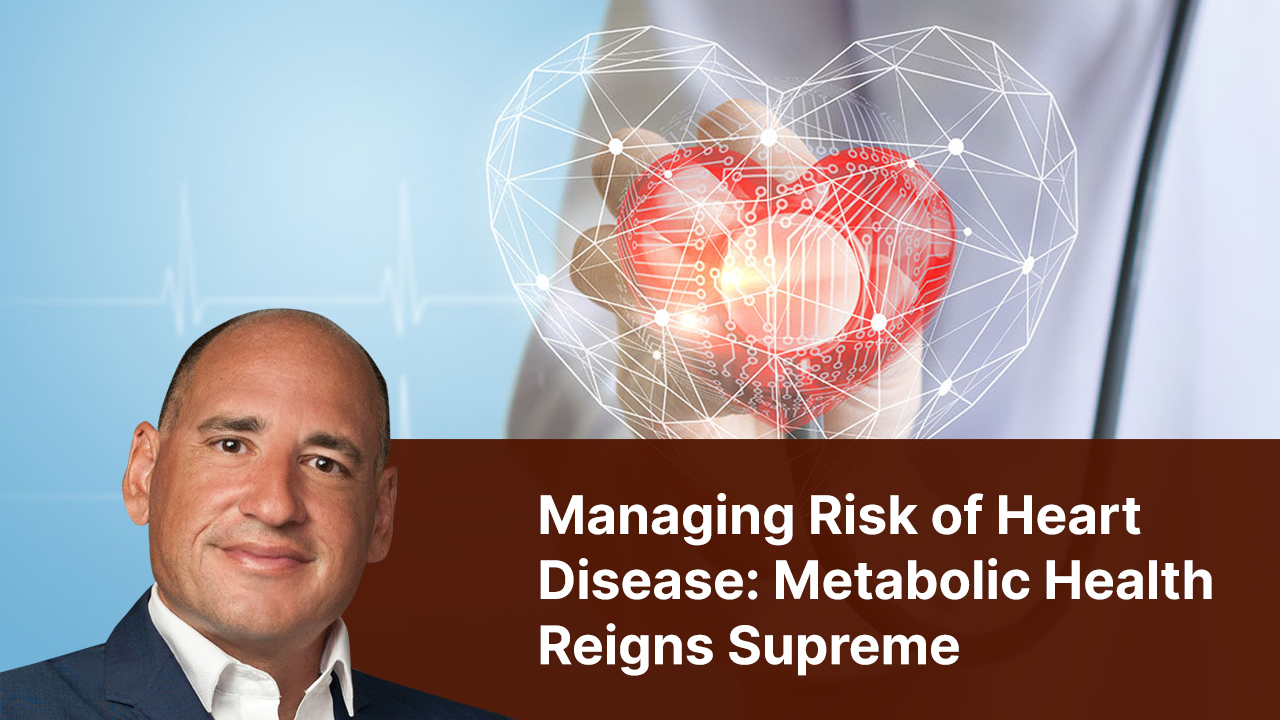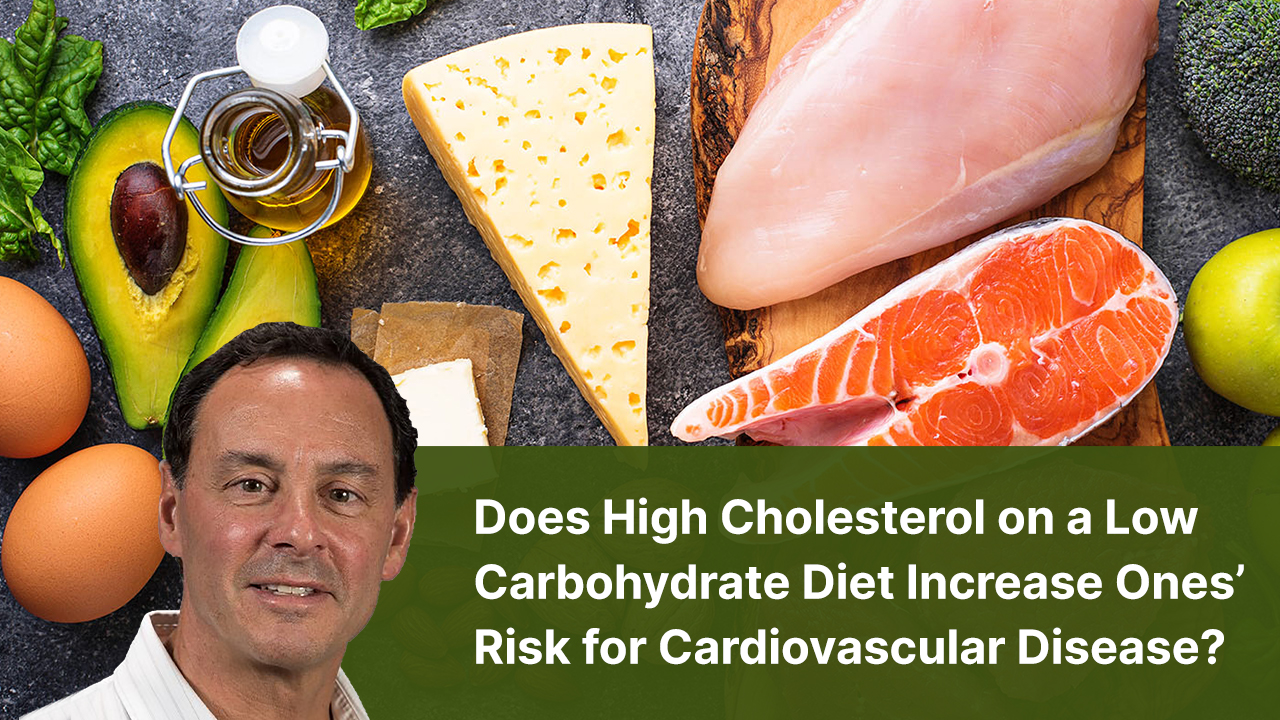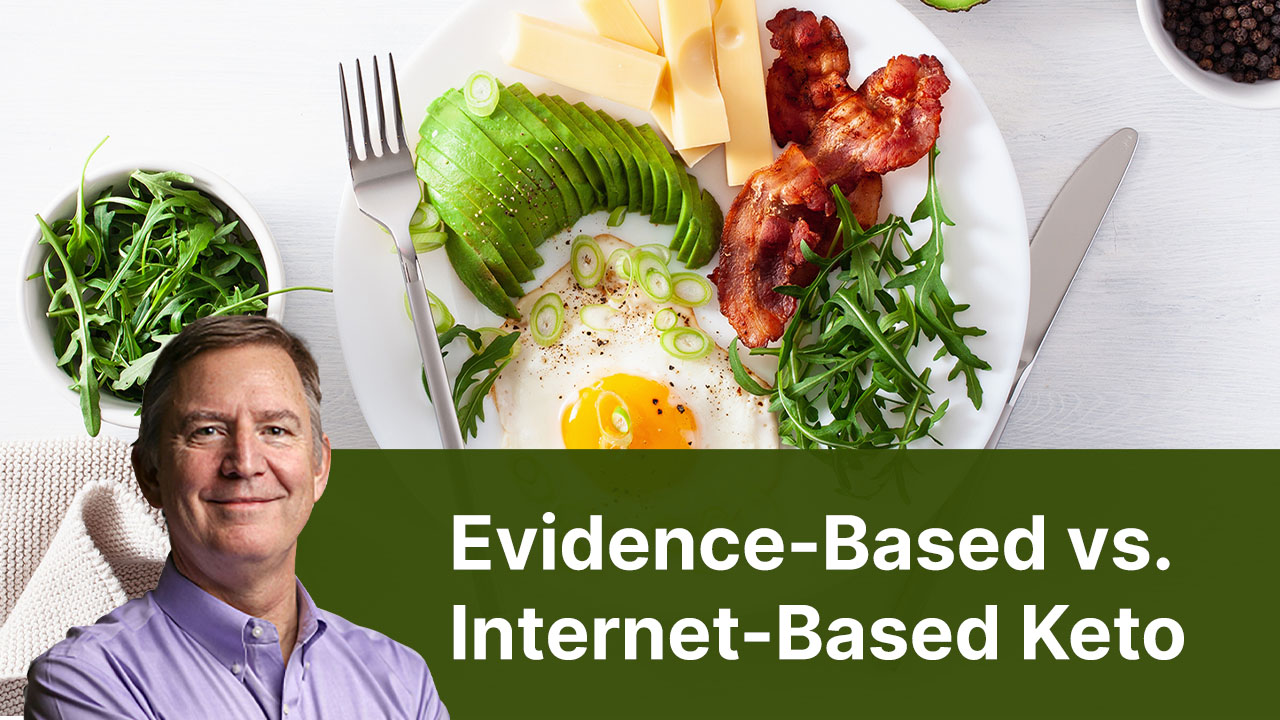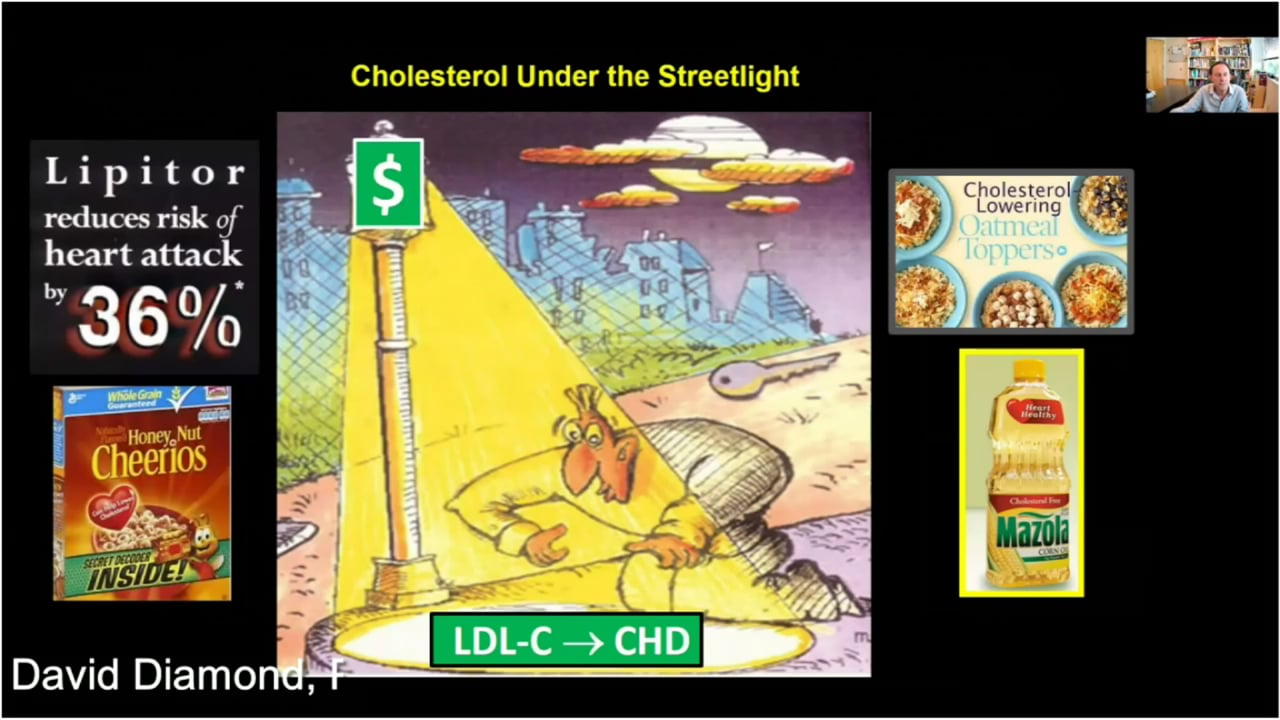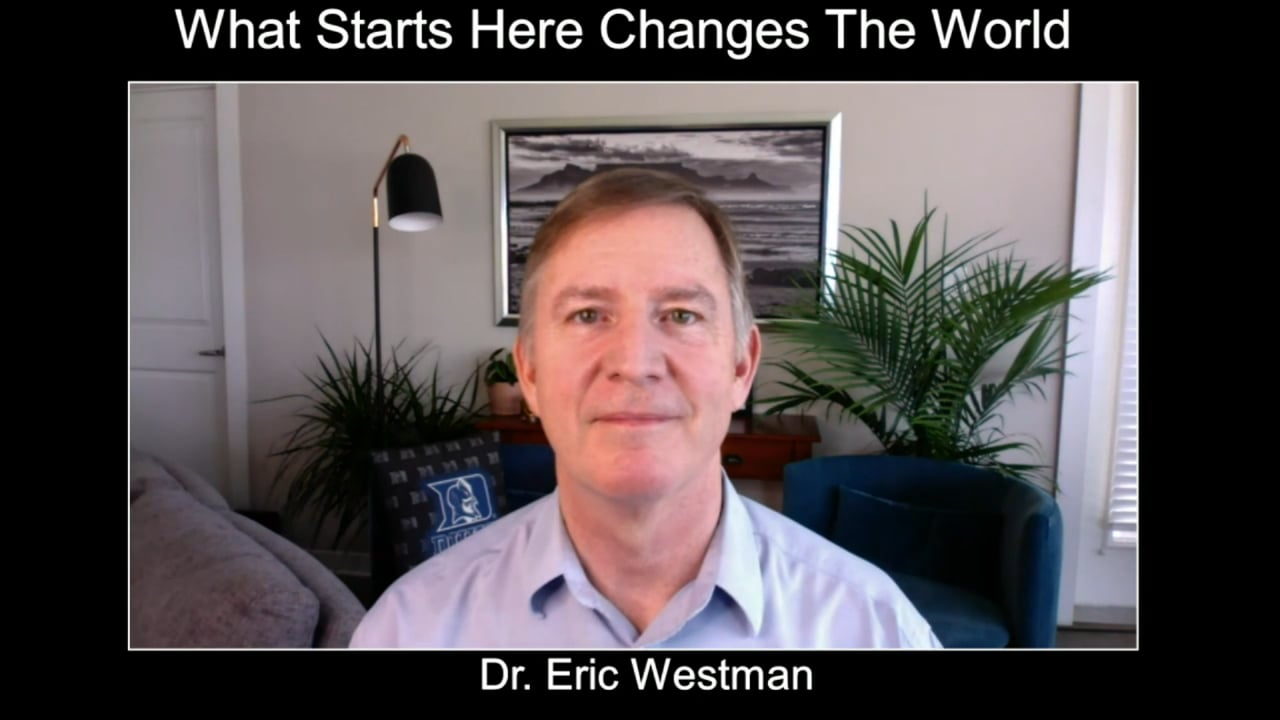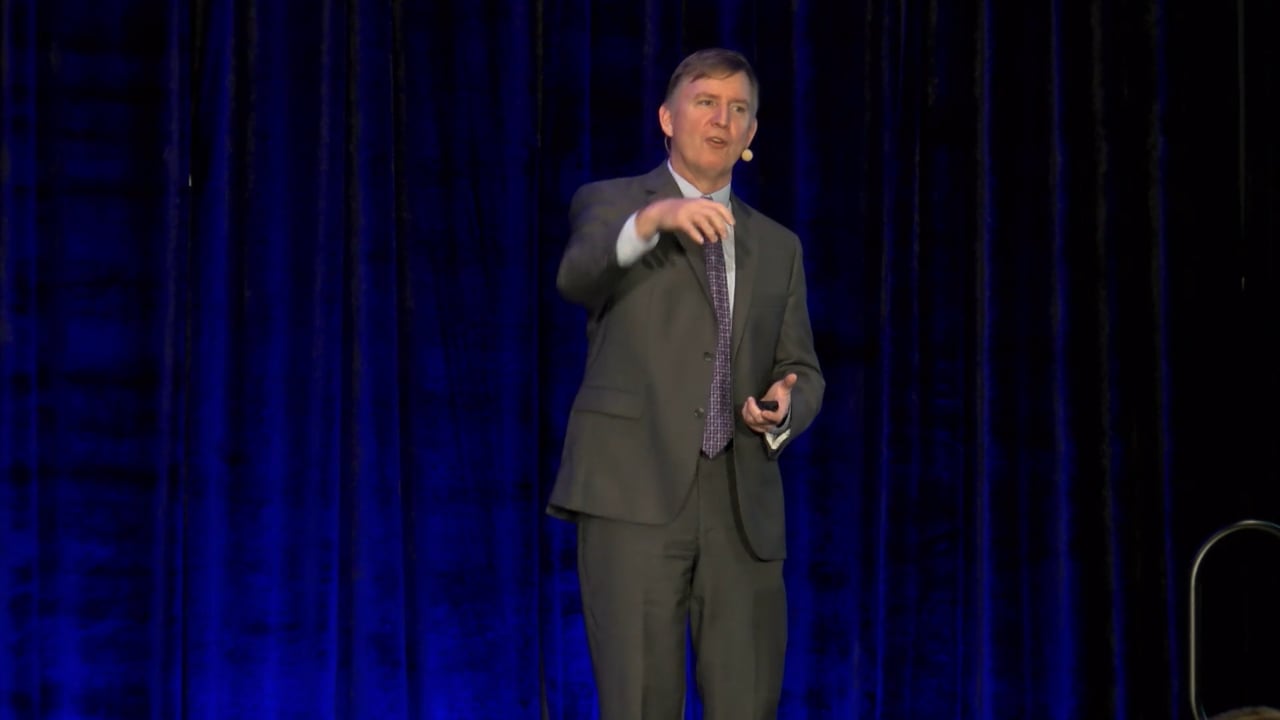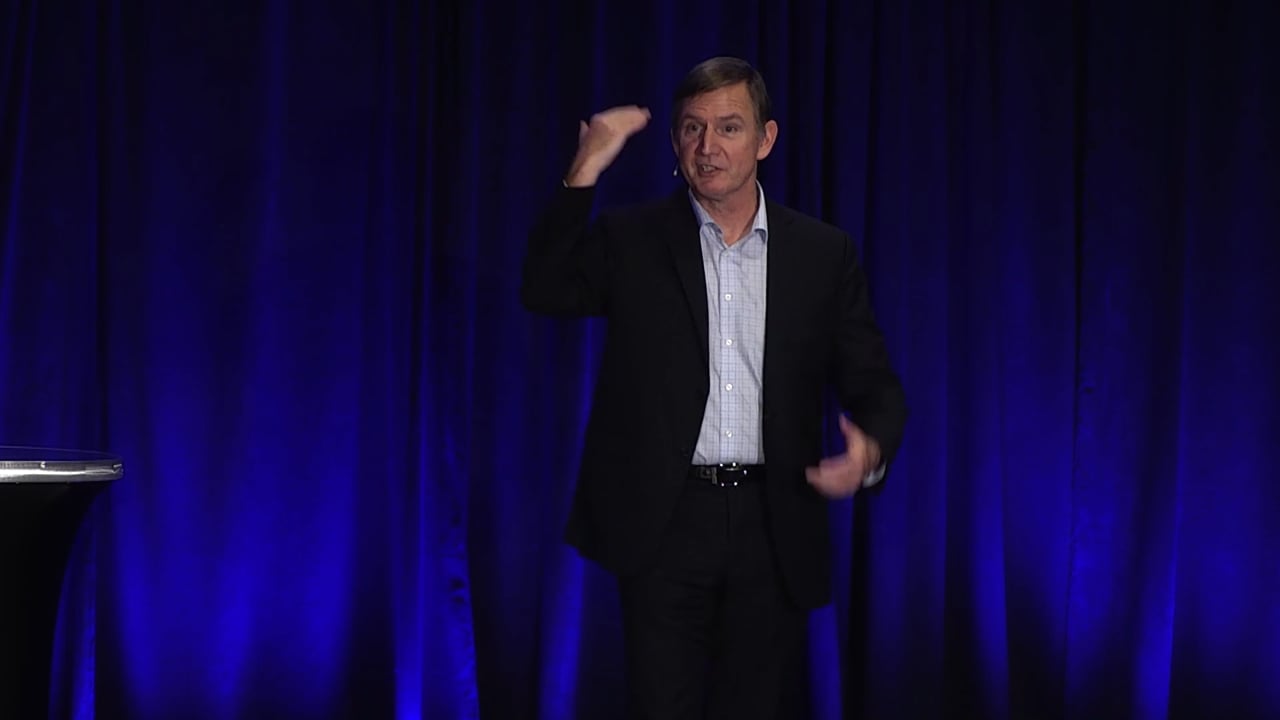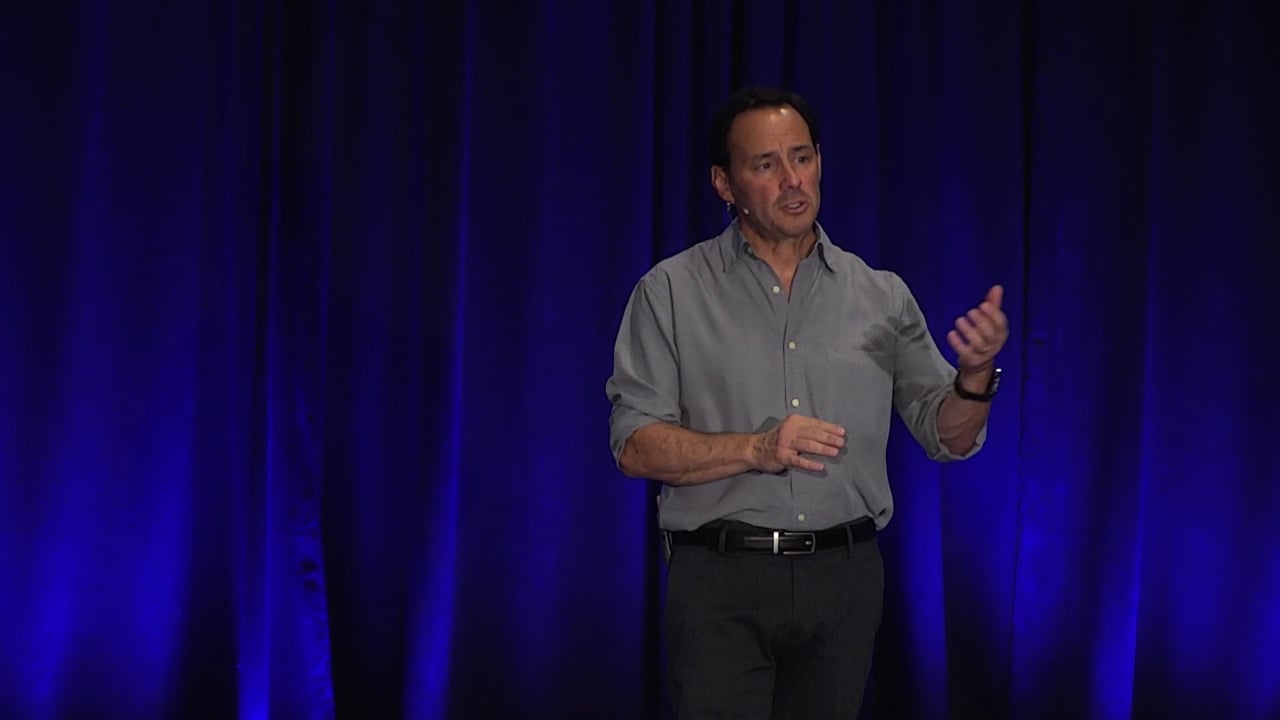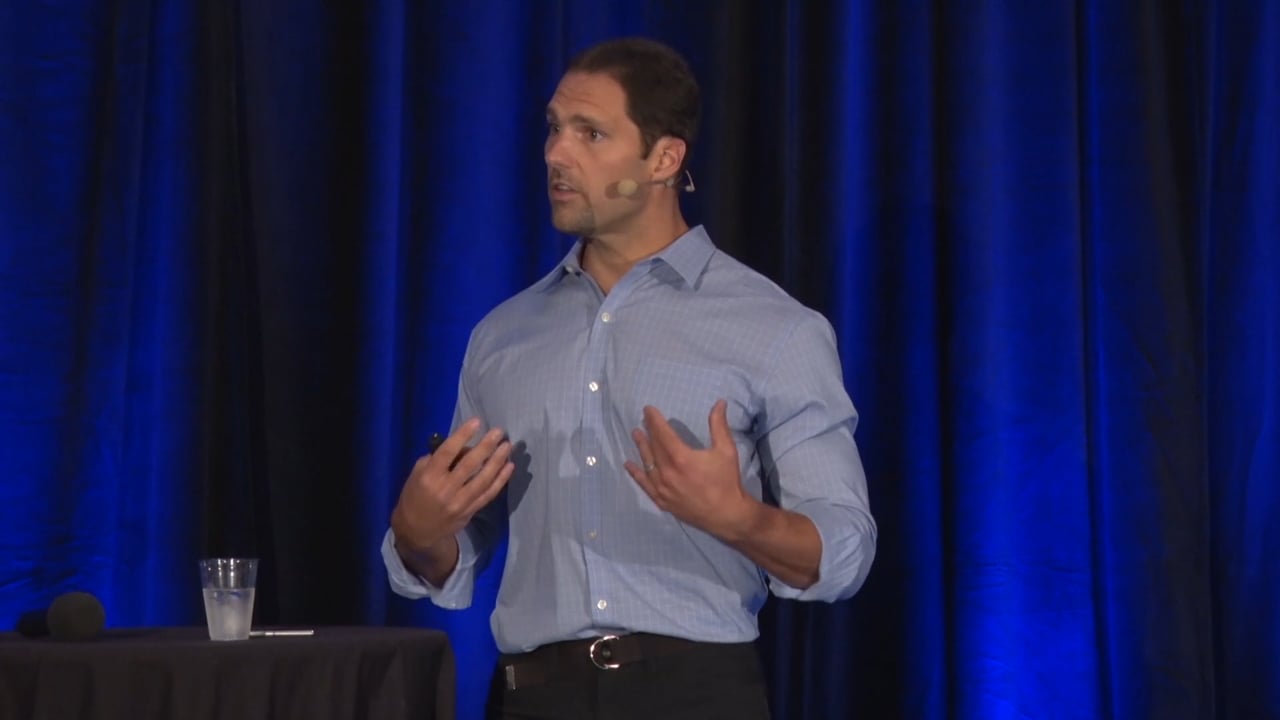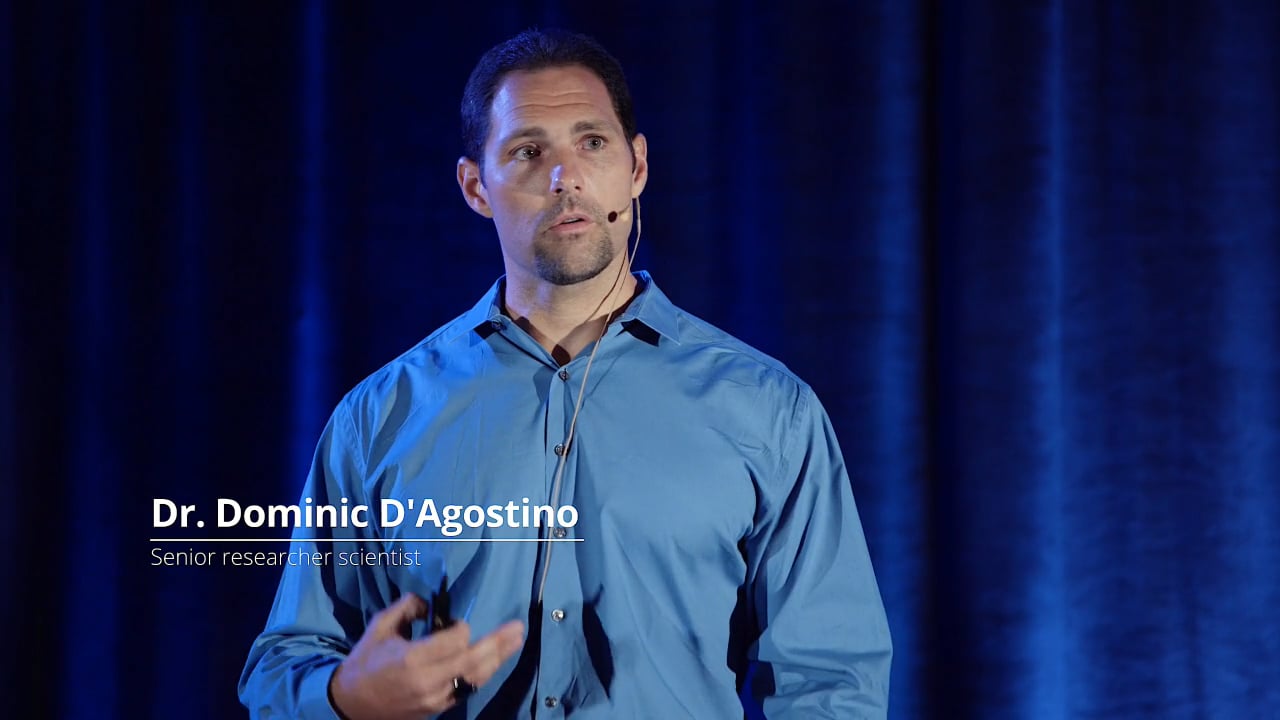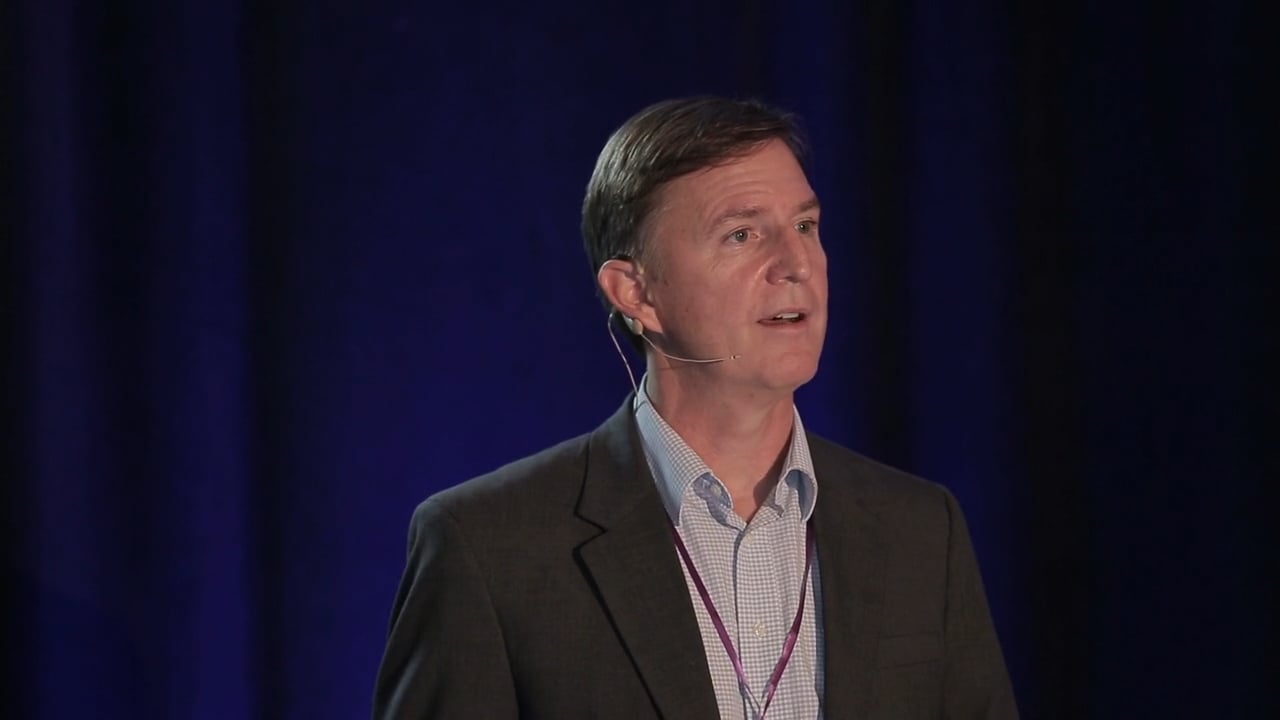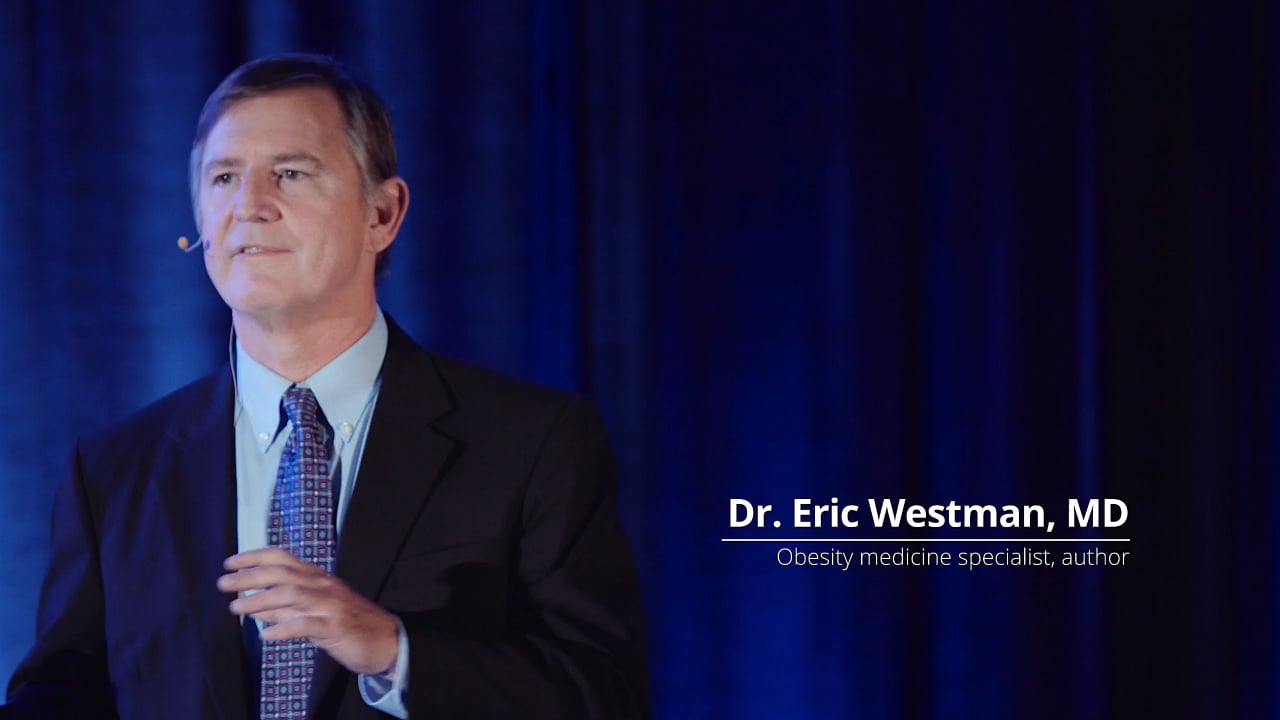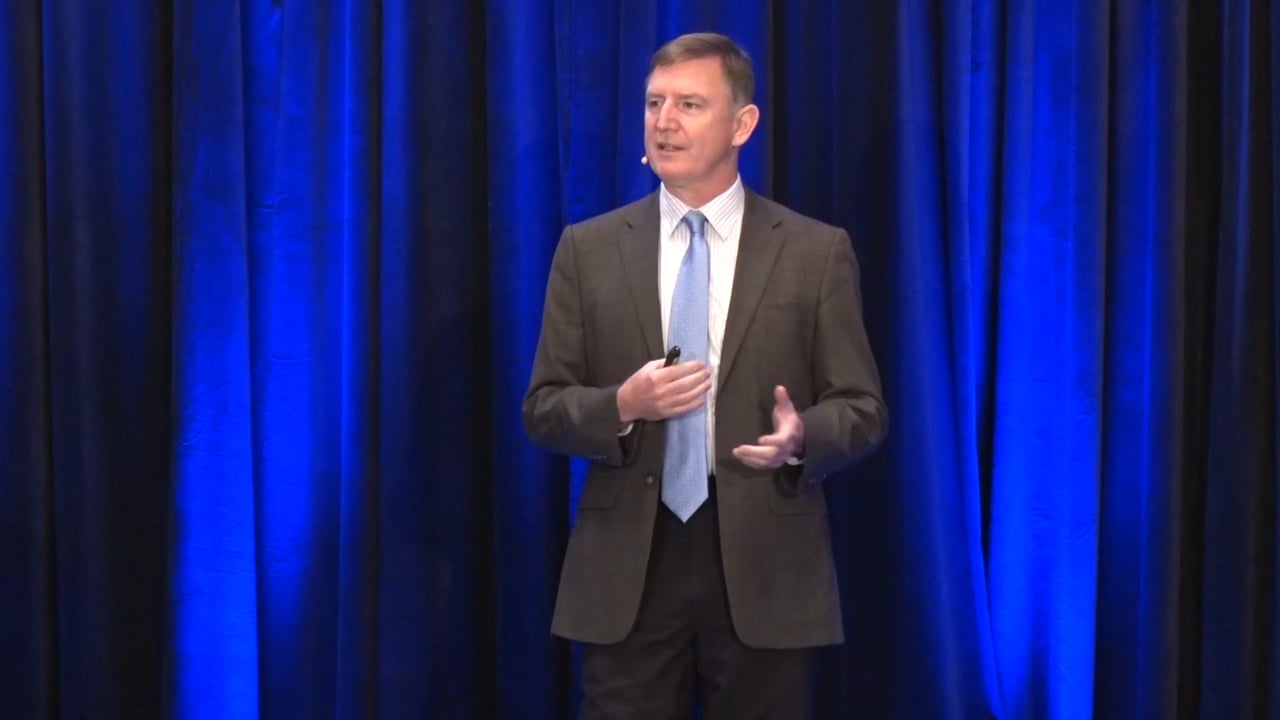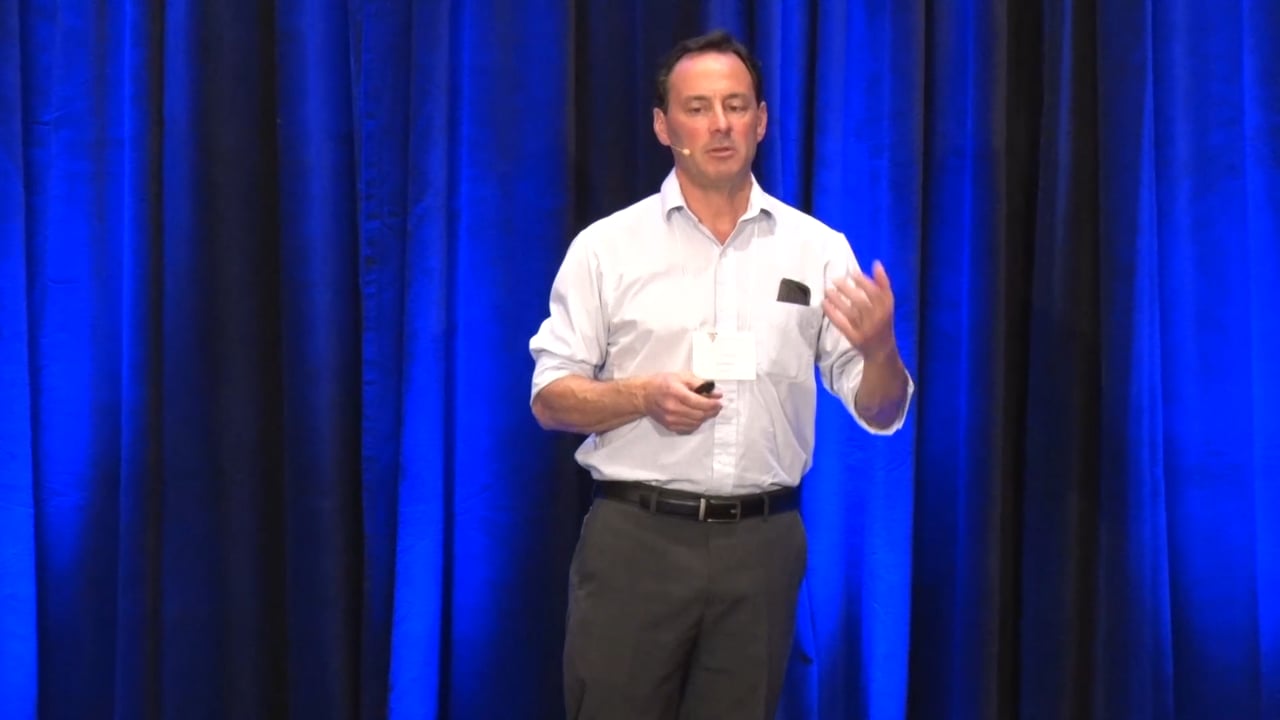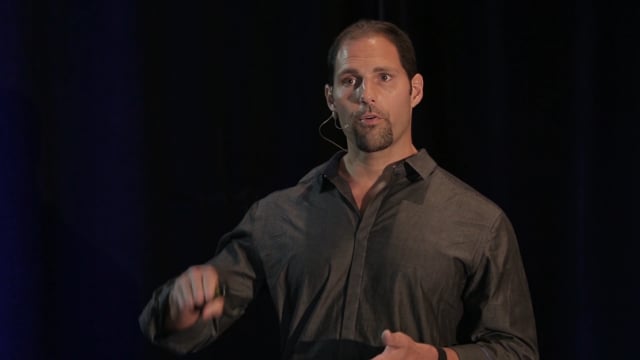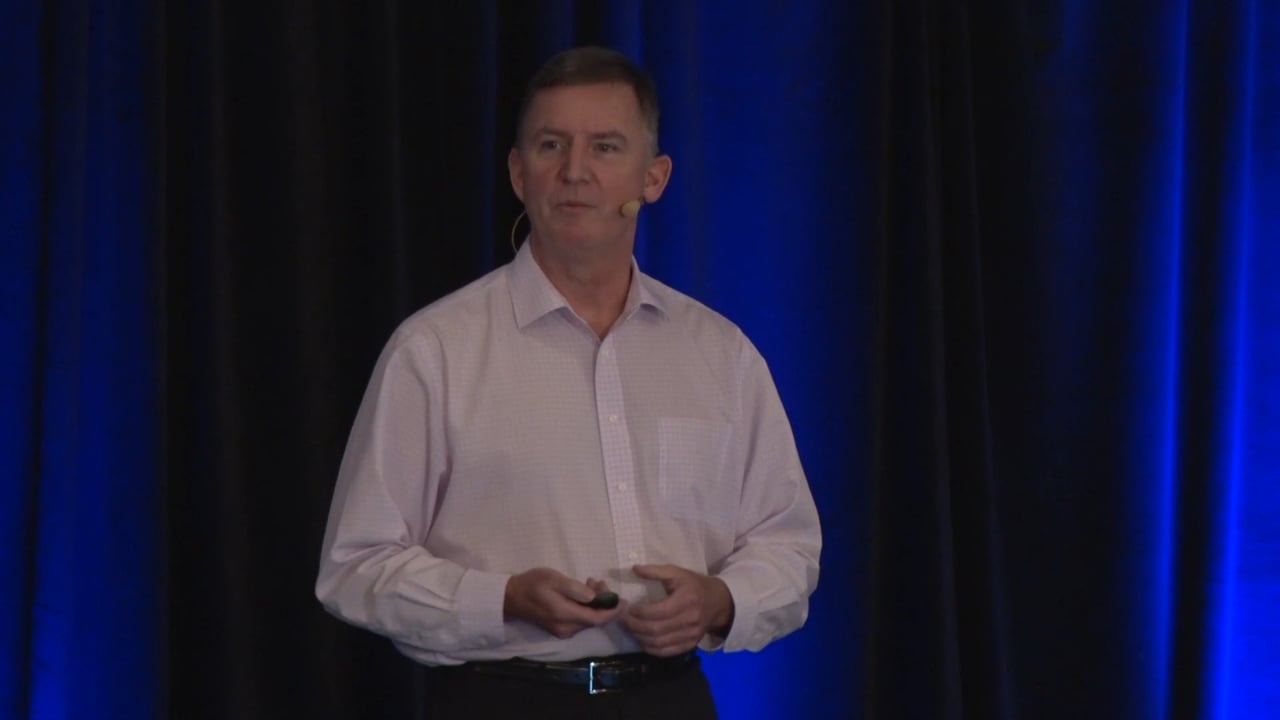Philip Ovadia, MD
Dr. Philip Ovadia is a board-certified cardiac surgeon and founder of Ovadia Heart Health. As a heart surgeon who was once morbidly obese himself, Dr. Ovadia has seen firsthand the failures of mainstream diets and medicine. He realized that what helped him lose over 100 pounds—focusing on his metabolic health—was the same solution that could have prevented most of the thousands of open-heart surgeries he has performed.
To find Philip Ovadia online, go to: Website, Facebook, Twitter, Youtube.
Ian Lake, BSc, BM, MRCGP
Dr Ian Lake is a Primary Care Physician in the UK who is keen to ensure that all people with Type 1 diabetes and their clinical teams know about the ketogenic diet.
After 20 years of living with Type 1, he accidentally discovered the ketogenic lifestyle had a profound transformation in his diabetes control from the first day; he halved his insulin doses, reduced his hypos, and had much-improved blood glucose. Previously he was in the same situation as 70% of people with Type 1 diabetes who are losing 100 days of life every year because of their HbA1c being above 7.5%.
He feels so healthy and alert that he has had the confidence to resume sports in the great outdoors solo, which he had to stop because of safety concerns around diabetes.
In 2020, he organised the Zerofive100 project, a 100-mile run over five days with zero calories, water only. One other person with Type 1 was in the team of eight. It was designed to address clinical concerns about the keto diet in type 1 diabetes and was a success. There were no issues at all.
Realising there was a need for quality information, he has written professional courses on keto diets, which are intended for clinical teams and will also appeal to people living with Type 1. He also has a website dedicated to providing information for fellow T1s.
“There is a lot of misinformation out there and people are getting confused. My aim is that all people with Type 1 diabetes are aware of the ketogenic lifestyle and get access to expert help from clinicians who are trained in keto lifestyles. People should know their options so that they can make informed choices supported by their clinical teams. This is a chance for a new start for some people, and I hope they, too, discover the benefits of this lifestyle very soon.”
Peter Brukner, MD
Dr. Peter Brukner is a world renowned physician with a thriving sports medicine practice in Melbourne, Australia. He has served as team doctor and Head of the Sports Medicine Department for many international teams including Australia’s Olympic team and their national cricket team as well as the Liverpool Football Club in England. It was whilst he was with the Liverpool team, in fact, that he made a profound personal discovery and started to become known as a Low Carb Doctor as well.
Dr. Brukner had been struggling for years putting on about a pound a year and developing other disorders such as Non Alcoholic Fatty Liver Disease (NAFLD). He has been great friends with Professor Tim Noakes for many years and on hearing that he had done a ‘one-eighty‘ on carbohydrates he thought he should take a look at it. After reading ‘Good Calories, Bad Calories‘ by Gary Taubes and ‘Big Fat Surprise‘ by Nina Teicholz he became convinced.
Dr. Brukner decided to try low-carb eating. He noticed a dramatic change within the first few days. First he noticed that he was no longer constantly hungry and soon cut back to 2 meals day. He started losing about 2 lbs a week and after 13 weeks he had lost 33 lbs. Then he had his bloodwork done and everything was back to normal. Even he his fatty liver problem which he had struggled with for years had vanished.
At that time, the athletes Dr. Brukner was working with noticed the difference and started asking what he was up to. Many of those athletes adopted his new strategy.
One Australian cricketer had struggled for years with a knee condition similar to rheumatoid arthritis. Seeing the Low Carb Doctor’s success he decided he wanted to try ‘Doc’s Diet’ too. After 3 weeks he mentioned to Peter that he had ‘forgotten’ to take his injection. As the drugs wore off over time, the pain did not return.
David Diamond, PhD
David Diamond received his Ph.D. in Biology in 1985, with a specialization in Behavioral Neuroscience, from the Center for the Neurobiology of Learning and Memory at the University of California, Irvine. He was a career scientist at the Department of Veterans Affairs for 30 years and is currently a Professor in the Departments of Psychology, Molecular Pharmacology and Physiology at the University of South Florida, where he has directed his research program on post-traumatic stress disorder (PTSD). Dr. Diamond has served on federal government study sections and committees evaluating research on the neurobiology of stress and memory, and has over 100 publications, reviews and book chapters on the brain and memory. He has served on the editorial boards of numerous medical journals and has received 30 years of federally funded support for his neuroscience research.
In the past decade, Dr. Diamond has expanded his research program to include cardiovascular disease, medication and nutrition. In recent years he added to his extensive list of medical publications, controversial papers on heart disease, diet and cholesterol. He has been invited to present his research on nutrition, saturated fat and cholesterol at numerous domestic and international cardiology, obesity and diabetes conferences. Dr. Diamond’s research on nutrition resulted in his appointment to The Nutrition Coalition, a national U.S. board of clinicians and scientists who have the goal of providing an evidence-based evaluation of U.S. government dietary recommendations.
To find Dr. Diamond online, go to: Website.
Dominic D’Agostino, PhD
Dr. Dominic D’Agostino is an Assistant Professor in the Department of Molecular Pharmacology and Physiology at the University of South Florida (USF) Morsani College of Medicine and also a Senior Research Scientist at the Institute for Human and Machine Cognition (IHMC). The primary focus of his laboratory is directed towards understanding the physiological effects of hyperbaric oxygen and developing and testing metabolic-based therapies, including ketogenic diets, ketone supplements and drugs that target specific metabolic pathways. His research explores the use of these therapies for a broad range of disorders linked pathophysiologically to metabolic dysregulation, including seizures, neurodegenerative diseases, genetic diseases and cancer. D’Agostino’s laboratory uses in vivo and in vitro techniques to understand the physiological, cellular and molecular mechanism of metabolic therapies. His research is supported by the Office of Naval Research (ONR), Department of Defense (DoD), private organizations and foundations.
To find Dr. D’Agostino online, go to: Website, Facebook, Instagram, YouTube, Twitter.
Eric Westman MD, MHS
Dr. Eric C. Westman is an associate professor of medicine at Duke University Health System and director of the Duke Lifestyle Medicine Clinic. He combines clinical research and clinical care to deliver lifestyle treatments for obesity, diabetes and tobacco dependence. He is an internationally-known researcher specializing in low-carbohydrate nutrition. Dr. Westman is currently the vice president of the American Society of Bariatric Physicians and a fellow of the Obesity Society and the Society of General Internal Medicine. Dr. Westman has co-authored the following books. Cholesterol Clarity, Keto Clarity, The New Atkins for a New You.
To find Dr. Westman online, go to: Website, Facebook, Instagram.
